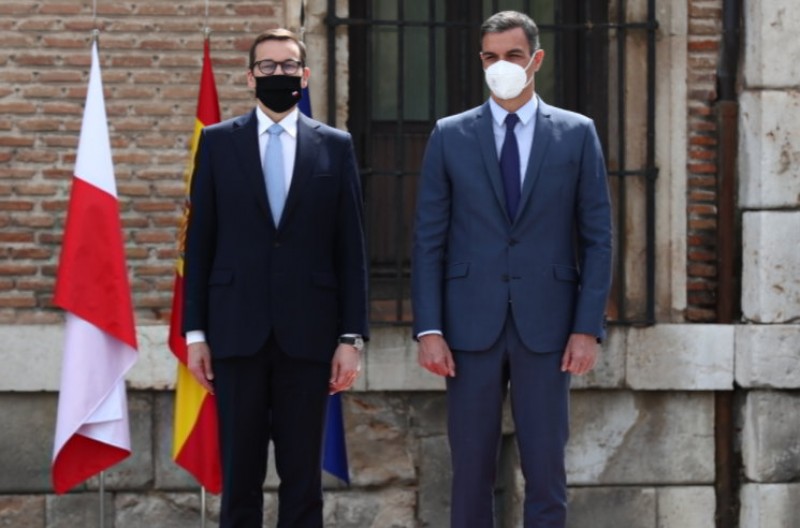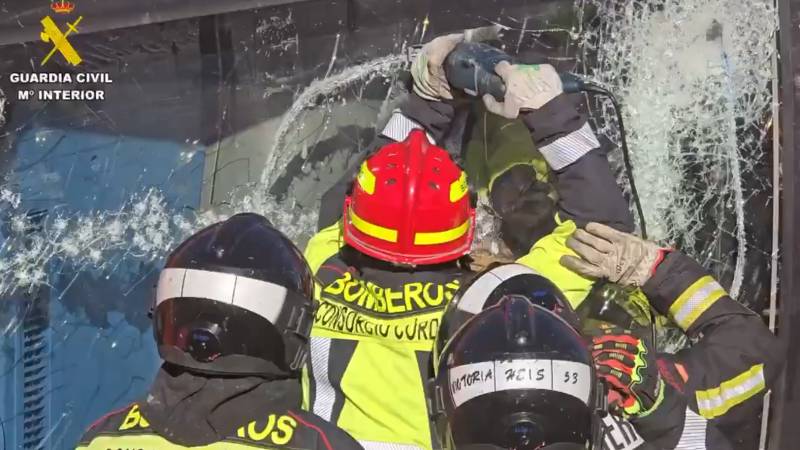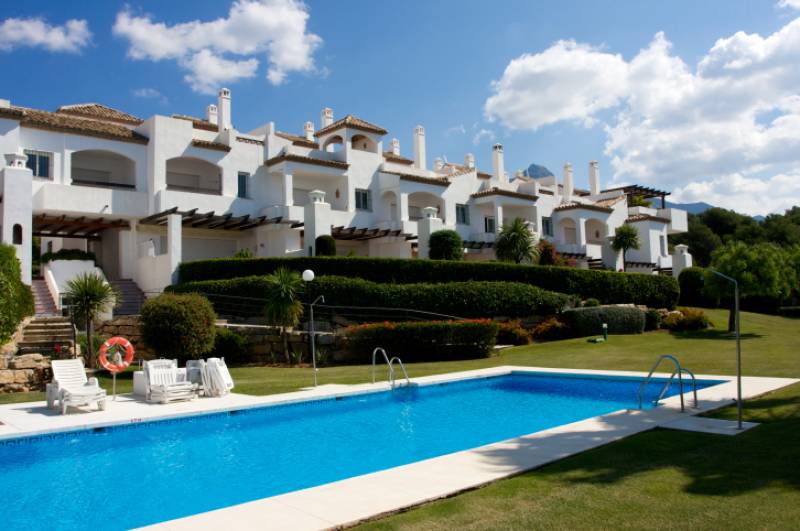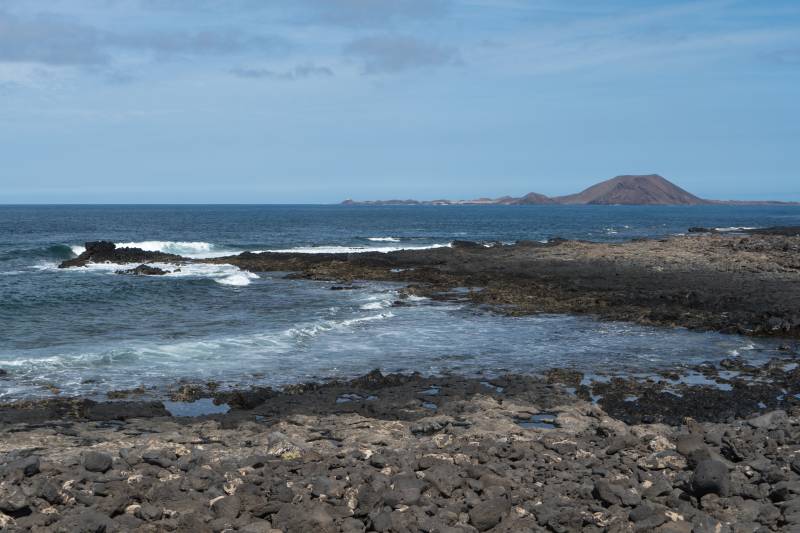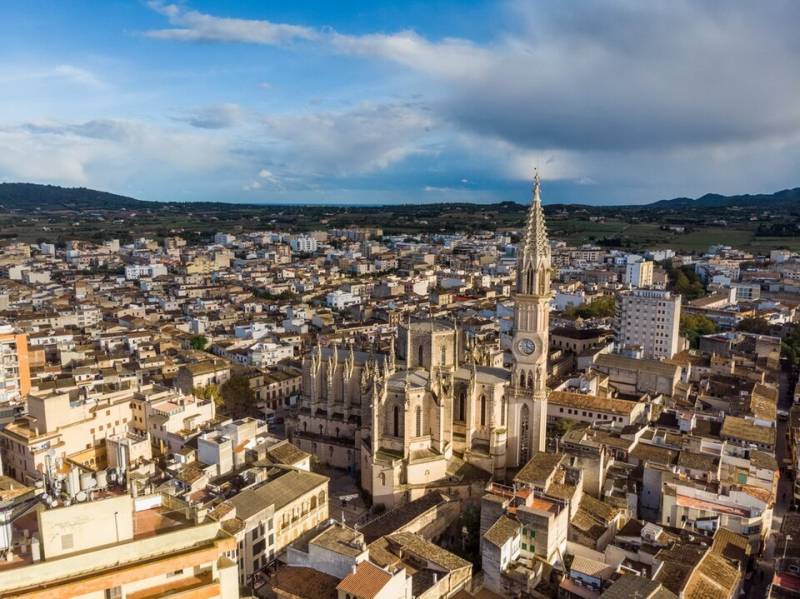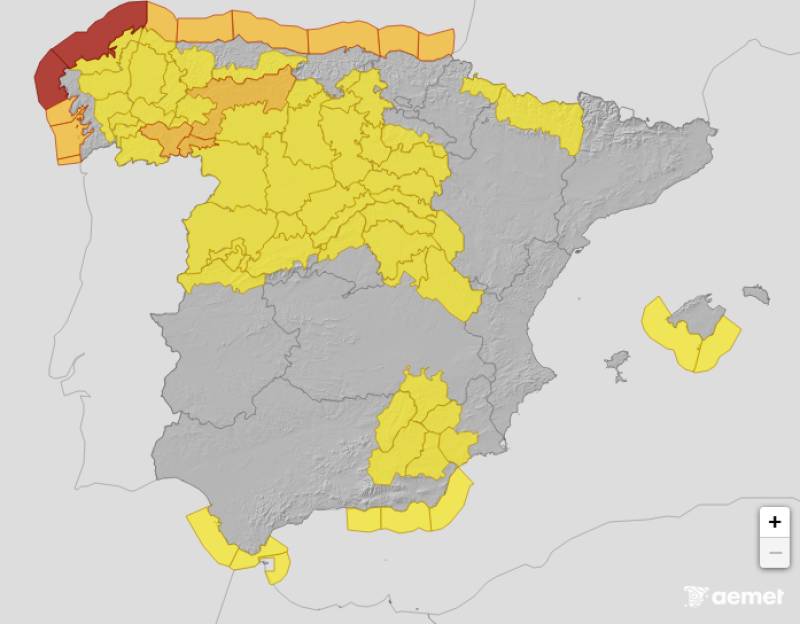

- EDITIONS:
 Spanish News Today
Spanish News Today
 Murcia Today
Murcia Today
 Alicante Today
Alicante Today
ARCHIVED - Diplomatic crisis escalates between Spain and Morocco
Two weeks after thousands of migrants stormed into Ceuta the dispute centres over sovereignty in the former Spanish colony of Western Sahara
Two weeks after thousands of African migrants stormed the borders of the Ceuta, one of two Spanish enclaves on the north African coast, the full scale of the diplomatic crisis underlying the event is now becoming clear, and on Monday the Spanish government warned Morocco that what it now views as an “attack” on the country’s frontiers cannot be justified by “discrepancies” regarding foreign policy.
When the migrants crossed into Spanish and EU territory on 18th May it was observed that the Moroccan security forces were excessively “passive” in allowing them to do so, and it soon emerged that this was linked to the Moroccan government’s long-standing disagreements with Spain. Initially it was thought that the immediate catalyst was Spain offering asylum to Brahim Ghali, the leader of the Polisario Front, a group representing the Sahrawi people which aims to take control of the Western Sahara, a former Spanish colony to which Morocco lays claim.
But now the Moroccans state that Brahim Ghali is “just one man”, and that the grievances of the north African nation are instead connected to Spain’s refusal to support the full annexation of Western Sahara by Morocco. In December last year Donald Trump announced that the USA would be prepared to recognize Moroccan sovereignty over the territory despite the UN describing it as a “dependency of Spain”, this becoming the first western leader to adopt such a stance (although he did so in exchange for Morocco normalizing its diplomatic relations with Israel).
Responding to latest developments, on Monday Prime Minister Pedro Sánchez accused Morocco of “using migration” as a lever to exert political pressure, thus rejecting a call by the Moroccan government for Spain to make its posture clear regarding Western Sahara. He also exerted pressure of his own, reminding the Moroccan government that Spain acts as a channel of communication between Morocco and the EU in many contexts, and it seems that the level of trust between the two nations is deteriorating rapidly.
Furthermore, a veiled threat may be contained in statements made on Monday by the government delegate in Ceuta, Salvadora Mateos, who reports that 8,000 of the 10,000 Moroccans who crossed illegally into Spain two weeks ago have already been sent back and that if the remainder are not allowed to do so “the national government has another option on the table”.
Spain withdrew from Western Sahara in 1975 and the area has been the largest on the UN’s list of non-self-governing-territories since the 1960s. Control is disputed by the Kingdom of Morocco and the Polisario Front independence movement with its Sahrawi Arab Democratic Republic (SADR) government, while the Mauritanians also stake a claim.
Polisario has gained formal recognition for the SADR from 81 states while Morocco’s rights are recognized by the Arab League, but in both cases during the last 20 years recognition has been awarded and withdrawn on numerous occasions.
Image: Pedro Sánchez (right) meets his Polish counterpart on Monday









